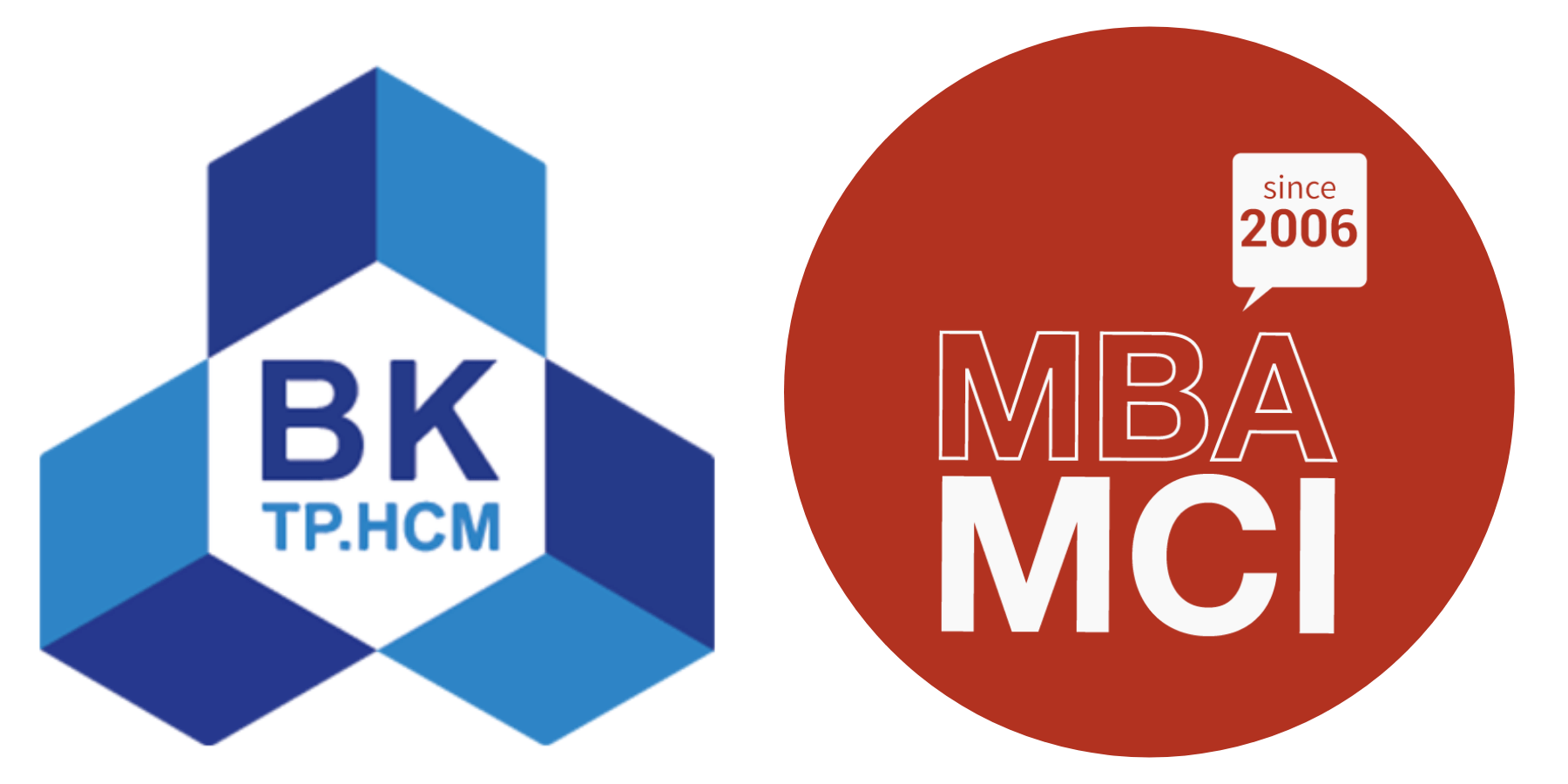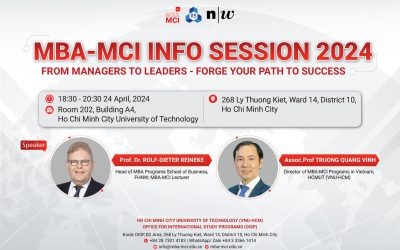By Prof. Rolf-Dieter Reineke
Young and promising so-called high potentials want it all: a higher salary, interesting jobs, fast-track careers, and investments in their personal development. And if another company seems to offer more, they are gone. This is why retention is a major challenge for many companies these days. Retention is a complex phenomenon. This article deals with only one of the aspects: Does sponsoring an MBA support retention?

Without doubt young ambitious employees know that an outstanding career is based on a sound education in most cases. Companies which ignore this important pillar of personal development of their top employees’ risk that they leave the company and look for another which is prepared to do more for them. On the other hand, it is a widespread conviction within human resource departments that the sponsoring of a MBA-programme is a costly and time-consuming exercise. The view is that this may pay off in the long term but is a risky undertaking because the freshly awarded MBA title may encourage the employee to look for better conditions elsewhere.
Indeed, there is frequently the implicit or explicit expectation of the sponsoring company that the employee will remain at least three more years after getting the MBA degree. Together with the two years for the completion of a part time MBA this covers a timeframe of five years altogether. Five years is a long perspective in today’s dynamic business world. Chances are high that at least one of both parties will be disappointed.
In order to avoid frustration and to create win-win-situations, companies should aim for more short-term benefits when sponsoring MBA-programmes for their employees. Practically oriented programmes like the part time MBA in International Management Consulting (MBA-MCI) offer a variety of opportunities for both sides. The MBA-MCI is a joint venture between the Ho Chi Minh City University of Technology (HCMUT) and the School of Business of the University of Applied Sciences and Arts Northwestern Switzerland FHNW.

Companies who send their employees to the MBA-MCI interact frequently not only with their seconded staff members but also with the staff of both universities. The aim is to identify opportunities for collaboration in a joint project work which helps the student to achieve his academic goals but creates value for the sponsoring company at the same time. The student has to deal with an actual challenge of the company, e.g. within the scope of his MBA-dissertation. One example is the MBA-student who has chosen Business Process Reengineering as his dissertation topic. The field work covered the reengineering of the business processes in the administration of his company. He was backed up by leading consultants who teach in the MBA-MCI and had access to the relevant know-how. The student was happy to receive his MBA-degree with distinction. The value of the result for this company in terms of saved costs after the implementation of the new processes was much higher than the amount that had to be paid as a fee for the MBA-programme. Such solutions are almost always cheaper than hiring external consultants for the project.

Looking this way at the sponsoring of a MBA-programme suggests focusing on the short term benefits for the company. Long term benefits may still be there: if the student is dealing with challenging projects of his sponsoring company, his identification and commitment for the company may grow, again with a positive impact on retention. The employee does not only recognize that the company is prepared to invest in his personal development. He also feels appreciated as his newly acquired knowledge is demanded by his company immediately and not at some time far away in the future.



